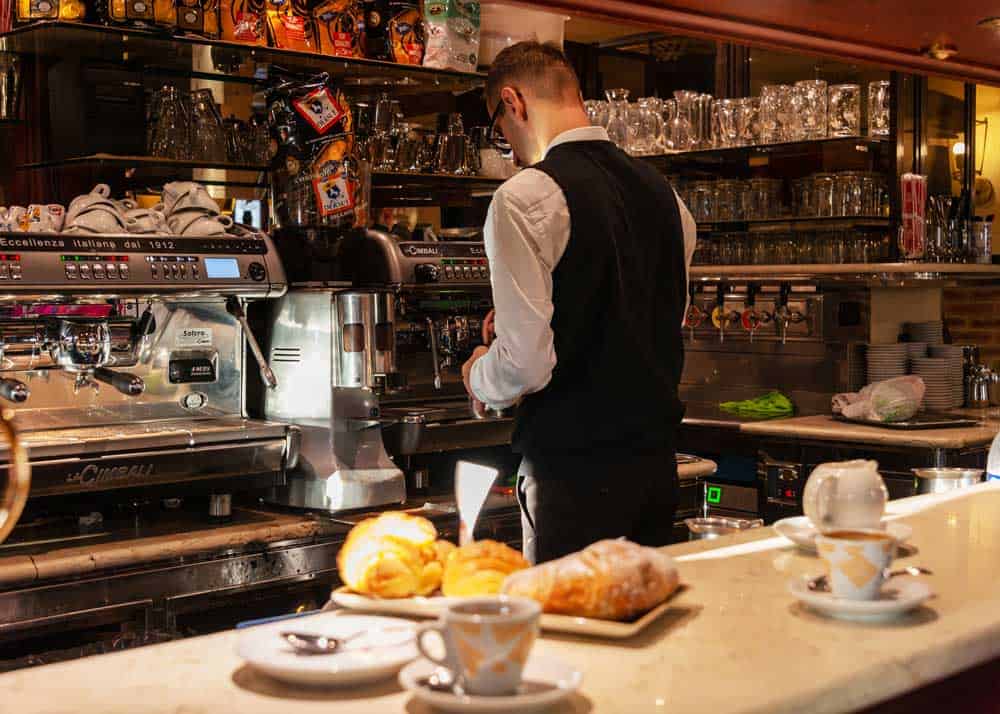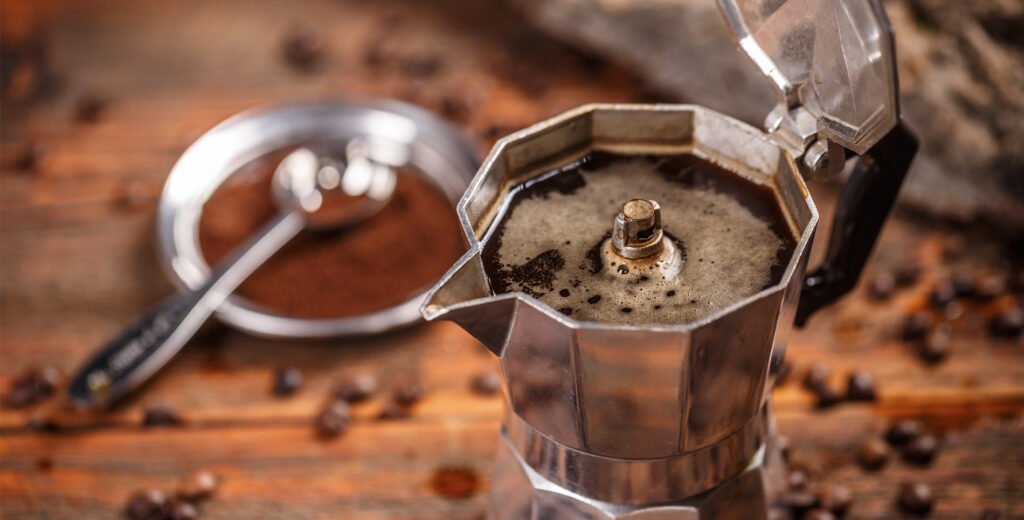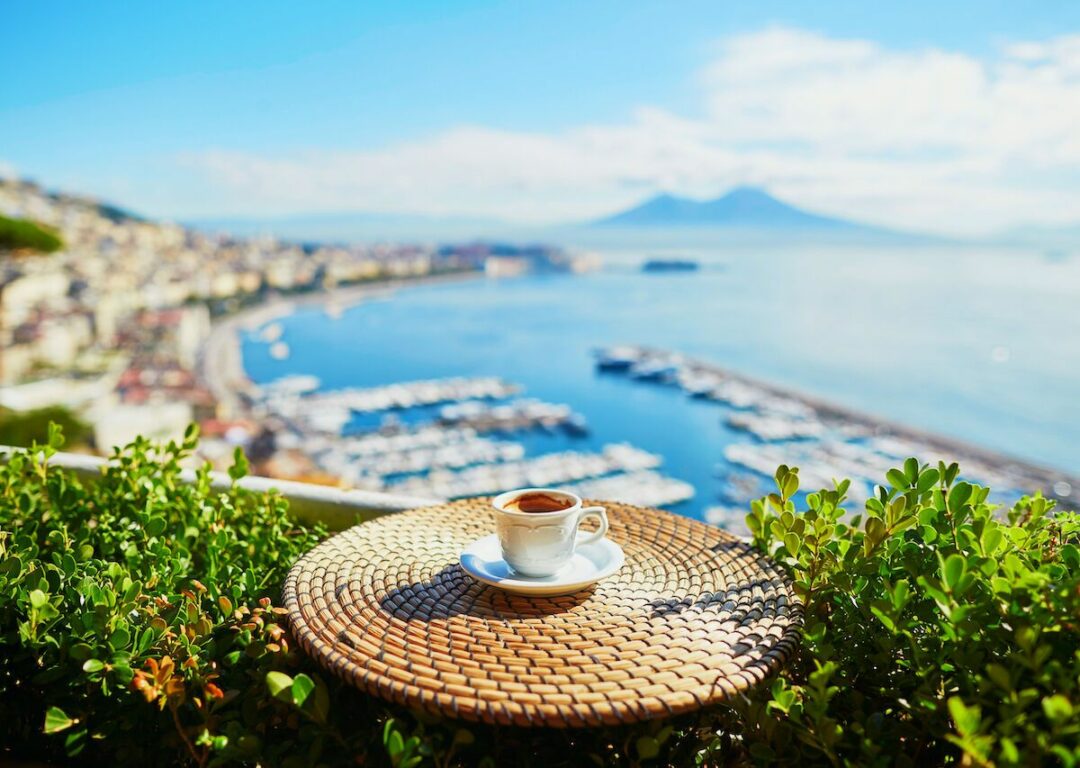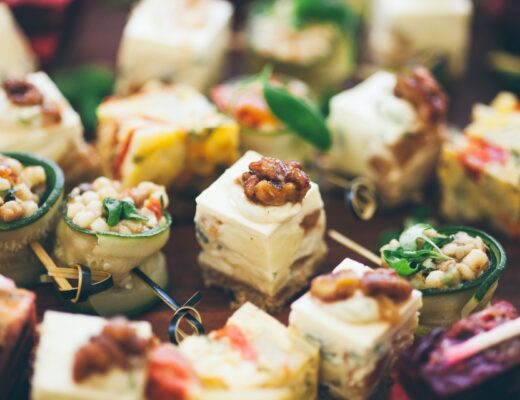Italian coffee culture has a rich heritage.
Italy was an early coffee importer and the birthplace of espresso and the moka.
Whether it’s visiting an espresso bar in the morning or drinking coffee to put the finishing touches on a delicious rich meal, coffee consumption here is an historic, time-honoured ritual.
It’s one that us,Italians are proud of and attached to despite the growth of third wave coffee culture in most major coffee consuming markets around the world.
Venice was one of the first European ports to import coffee beans in the 16th century. Trieste, one of the early hubs of coffee trade, is known as “the City of Coffee”. Naples is regarded by many as an historic coffee culture capital of the world.
But it was the invention of espresso in the late 19th and early 20th which truly sealed Italy’s global reputation for coffee.
Today, espresso is a symbol of Italian national identity, widely adopted in all its forms by the rest of the world: lungo, ristretto, macchiato, caffè latte, cappuccino, marocchino, shekerato… the options are endless.

Coffee in Italy differs greatly depending on whether you’re in the north or the south.
In the south, Italians like their coffee on the strong and creamy side. They will sometimes have a glass of cold water first so that their mouths better withstand the high temperature of the coffee. This will also cleanse your palate, making the flavour of the coffee stronger. The end result is a sharp bitter aftertaste, which can be managed with a bit of sugar.
In the north, drinkers prefer a more delicate approach to Italian espresso. Here you are more likely to find medium roast coffee, which is why the Arabica bean is popular in this region. Northerners are after a sweet aftertaste while enjoying some time at an Italian cafe.
THE ITALIAN MOKA
It’s the most commonly used system in Italy for domestic coffee making. Traditionally, almost all Italian households have at least one.

it was invented by the Italian Alfonso Bialetti in 1933 and named after the city of Mocha, in Yemen, renowned for the quality of its coffee.
Moka remains the most traditional way to make a quality coffe, and if you take good care of it, it will be a trusty companion for many years.
See you soon!
Love,
Elisa





